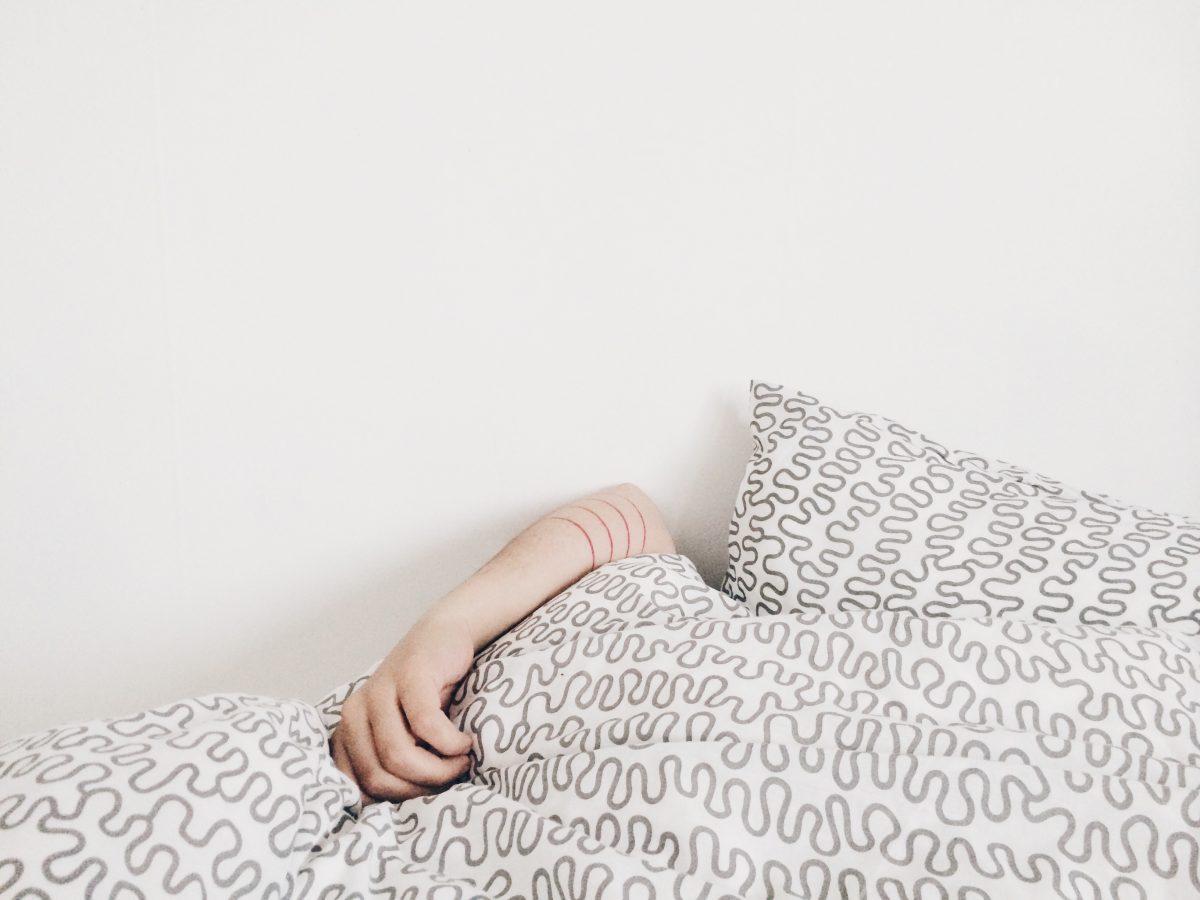A new study claims that early risers log fewer calories, eat more nutritious food and may actually be healthier than night owls.
Previous research comparing early and late risers suggests that “morning type” people procrastinate less, are more proactive and may be, on the whole, happier than “evening type” people. All of this has to do with circadian rhythm, an internal biological clock that aligns an individual’s behavior and physiology with the environment. It is highly adaptive to environmental changes, and it is responsible for maintaining a regular light-dark cycle and a nutrient cycle for food intake. Evening types are more prone to misalignment of the circadian clock, which can result in poor sleep patterns and dietary habits. Repeated misalignment of the clock can cause detrimental metabolic changes, including an increased risk of diabetes.
Recently, researchers from the University of Alabama at Birmingham and National Institute for Health and Welfare in Helsinki, Finland found that early risers may also make healthier food choices throughout the day.
Dr. Courtney Peterson from the University of Alabama says, “Early birds may have an extra advantage over night owls when it comes to fighting obesity as they are instinctively choosing to eat healthier foods earlier in the day.”
Published in the scientific journal of The Obesity Society, the study is the first to examine how the internal circadian clock rhythm affects food choices from nearly 2000 randomly chosen participants. Researchers looked at what the participants ate, including carbohydrates, proteins and fats and the time at which these food items were consumed, and they identified clear differences.
Morning people ate more balanced foods and ate earlier in the day, whereas evening people ate less protein overall and consumed more sugar in the mornings. At night, the evening types again ate more sugar and fat, including saturated fatty acids. Furthermore, evening types also had lower daily intakes of protein. The differences between early and late risers was even more pronounced on the weekends; evening types not only had more irregular meals throughout the day, but they also had, on average, twice the number of eating occasions than morning types. Their meal portions varied drastically, and they also slept worse, felt more restless during the day and were generally less physically active.
“Linking what and when people eat to their biological clock type provides a fresh perspective on why certain people are more likely to make unhealthy food decisions,” said Mirkka Maukonen from the NIH in Finland. “This study shows that evening type people have less favorable eating habits, which may put them at a higher risk for obesity, diabetes and heart disease.”
The higher consumption of energy foods, such as soft drinks, and lower consumption of vegetables, carbohydrates and fiber may be explained by the postponed energy and macronutrient intake timing of evening types, which ultimately is a manifestation of the differences in circadian rhythm. It is also possible that morning types make healthier food choices because the self-control of an individual often decreases throughout the day—those who wake up early start and end their days with more self-control than their evening counterparts.
Most importantly, the researchers emphasize that this new study may help people who are trying to lose weight explain why they are compelled to make unhealthy food choices throughout the day.
“Clinicians can help steer people to healthier options —and suggest the optimal time to eat these foods— based on what we now know about our biological clocks,” said Dr. Peterson.
The researchers highlight that this study requires more exploration to determine the exact root of these food choices, but for now, they hope that their results can provide insight into how sleep and diet can be optimized for weight-loss, disease prevention or just general healthy living.




